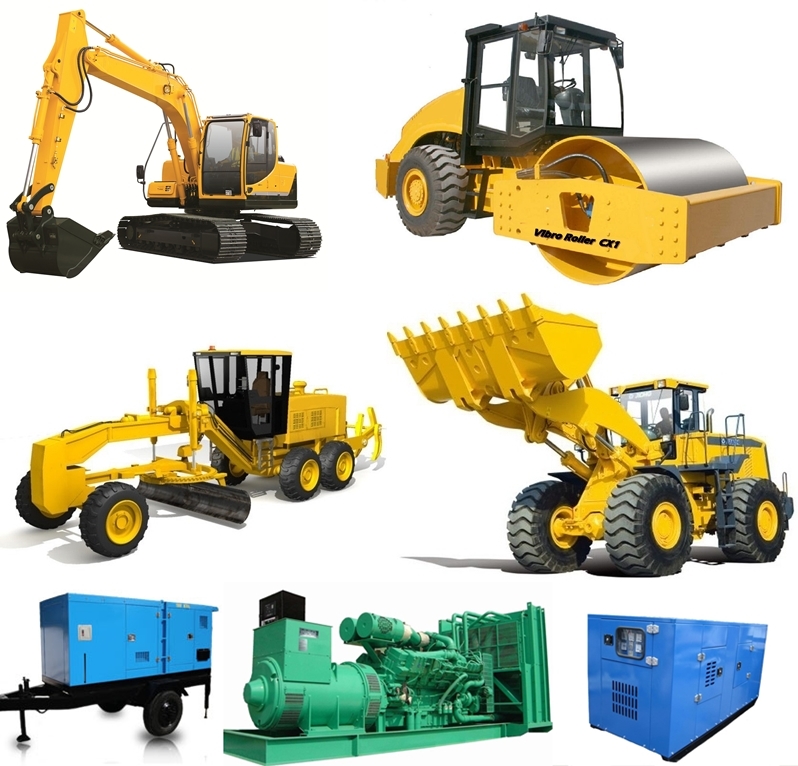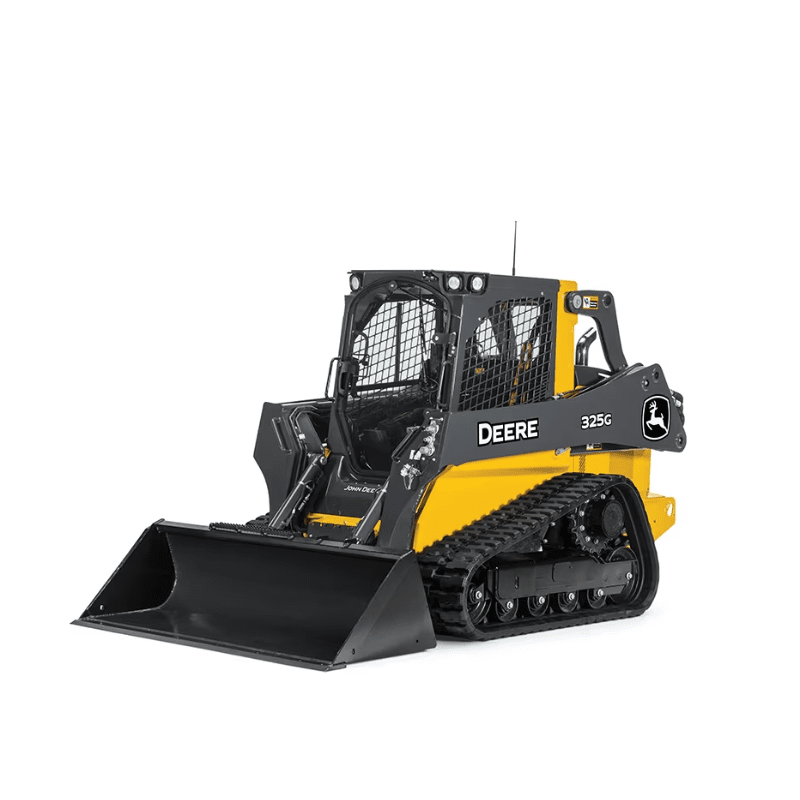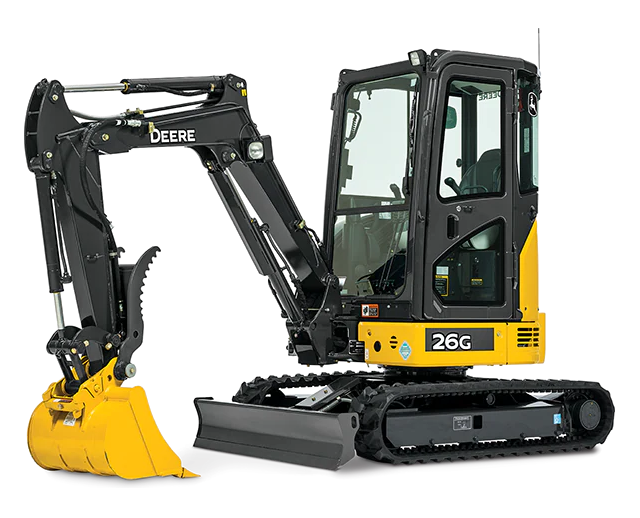Maximize Your Budget by Recognizing the Prices Linked With Building And Construction Devices Leasings
Understanding the full scope of expenses related to building and construction tools services is critical for maximizing your spending plan. While the first rental cost may appear simple, many added expenses-- such as transport, fuel surcharges, and maintenance-- can promptly gather, affecting your financial planning. Moreover, knowing different fees and the ins and outs of rental arrangements can assist avoid unanticipated economic concerns. What techniques can be employed to properly manage these costs and guarantee a much more reliable rental experience?
Review of Rental Costs
When thinking about construction tools rentals, understanding the linked costs is paramount for effective budgeting and job preparation. Rental prices can vary significantly based on a number of elements, consisting of devices kind, period of rental, and location. The preliminary rental fee usually reflects the devices's market need and its linked operational capacities, affecting the general expense.
In enhancement to the base rental price, supplementary prices may arise, such as transportation costs, gas additional charges, and maintenance fees. It is necessary to represent these added expenses to precisely evaluate the overall expense of renting out devices. The rental period can impact prices; longer leasings may qualify for reduced rates, while short-term leasings might sustain higher daily fees.

Breakdown of Rental Prices
An extensive understanding of rental prices is essential for contractors and project supervisors intending to optimize their budget plans. Rental rates for building and construction devices usually include numerous components, including base rates, time-based fees, and usage fees.
Base rates are the core costs connected with the service of the devices, typically figured out by the kind and dimension of the equipment. These rates can differ significantly, influenced by aspects such as devices demand, availability, and local market patterns. Time-based charges, which might be daily, weekly, or monthly, serve to suit various task timelines and rental periods.
In addition, rental rates might include usage fees, which are relevant when tools is made use of past a defined threshold, guaranteeing that the rental business can make up deterioration. Seasonal demand variations can likewise impact rental rates, with peak building periods normally commanding greater costs.
In addition, understanding the rental firm's plans regarding maintenance and insurance policy can offer further understanding right into the overall expense framework. By assessing these components, specialists can make informed choices, ensuring the selection of rental devices straightens with both job needs and budget plan restraints.
Additional Costs to Take Into Consideration
Comprehending the intricacies of additional charges is important for professionals to handle their general leasing expenses effectively. Beyond the common rental prices, various extra charges can substantially impact the overall price of equipment service. These costs frequently consist of shipment and pick-up charges, which can differ based upon range and logistics entailed in moving the equipment to and from the job website.
Furthermore, some rental firms might enforce fuel surcharges if the tools is returned with less fuel than when rented. It is additionally important to understand prospective cleansing fees, specifically for specialized devices that requires detailed upkeep after usage.

Thoroughly assessing the rental contract and making clear these extra fees in advance can aid professionals guarantee and avoid unforeseen prices that spending plans continue to be intact throughout the project lifecycle.
Upkeep and Fixing Expenses
Routine repair and maintenance costs are commonly ignored aspects that can substantially affect the general cost of construction tools services. When renting out tools, it is critical to consider not only the rental fees but likewise the prospective costs linked with maintaining the equipment in ideal operating condition.
Several rental business include fundamental maintenance as component of the rental agreement; nonetheless, extra substantial repair work or unanticipated read more failures can bring about added costs. It's essential to evaluate the rental agreement thoroughly to understand what upkeep services are covered and what duties drop on the renter.
Additionally, equipment that is not well-maintained can bring about inadequacies on the job site, possibly causing hold-ups and boosting task prices. track hoes To minimize these risks, it is recommended to perform regular evaluations and preserve open communication with the rental service provider relating to any kind of concerns that occur during use.
Insurance Policy and Liability Costs
Insurance coverage and liability costs are crucial parts that can dramatically affect the overall cost of building and construction devices leasings (mini excavator rental). These prices ensure that both the rental company and the customer are secured from prospective monetary losses emerging from accidents, damage, or burglary throughout the rental period

Furthermore, clients ought to recognize any type of deductibles or exemptions in the insurance coverage, as these can influence potential out-of-pocket expenses. Comprehending the terms and problems of any insurance policy coverage is essential to prevent unexpected costs. Eventually, budgeting for insurance policy and obligation expenditures can aid make certain a smoother rental experience and protect against financial dangers related to construction projects.
Final Thought
In conclusion, an extensive understanding of the expenses connected with building and construction devices leasings is vital for reliable budget plan administration. Inevitably, educated decision-making pertaining to equipment services adds to the general success of building undertakings.
Rental expenses can differ dramatically based on a number of elements, including tools type, Source duration of rental, and location (dozer rental). The rental duration can impact rates; longer rentals might qualify for affordable prices, while short-term rentals may incur higher daily fees
By carrying out detailed research and involving with trusted rental firms, specialists can successfully browse the complexities of rental pricing, inevitably maximizing their financial resources.
Past the basic rental rates, various extra charges can significantly affect the total expense of tools leasing. Rental business usually provide obligation insurance that covers injuries to 3rd events or damages to property, while equipment damages insurance policy can cover the price of repair services or replacement if the rented devices is harmed.